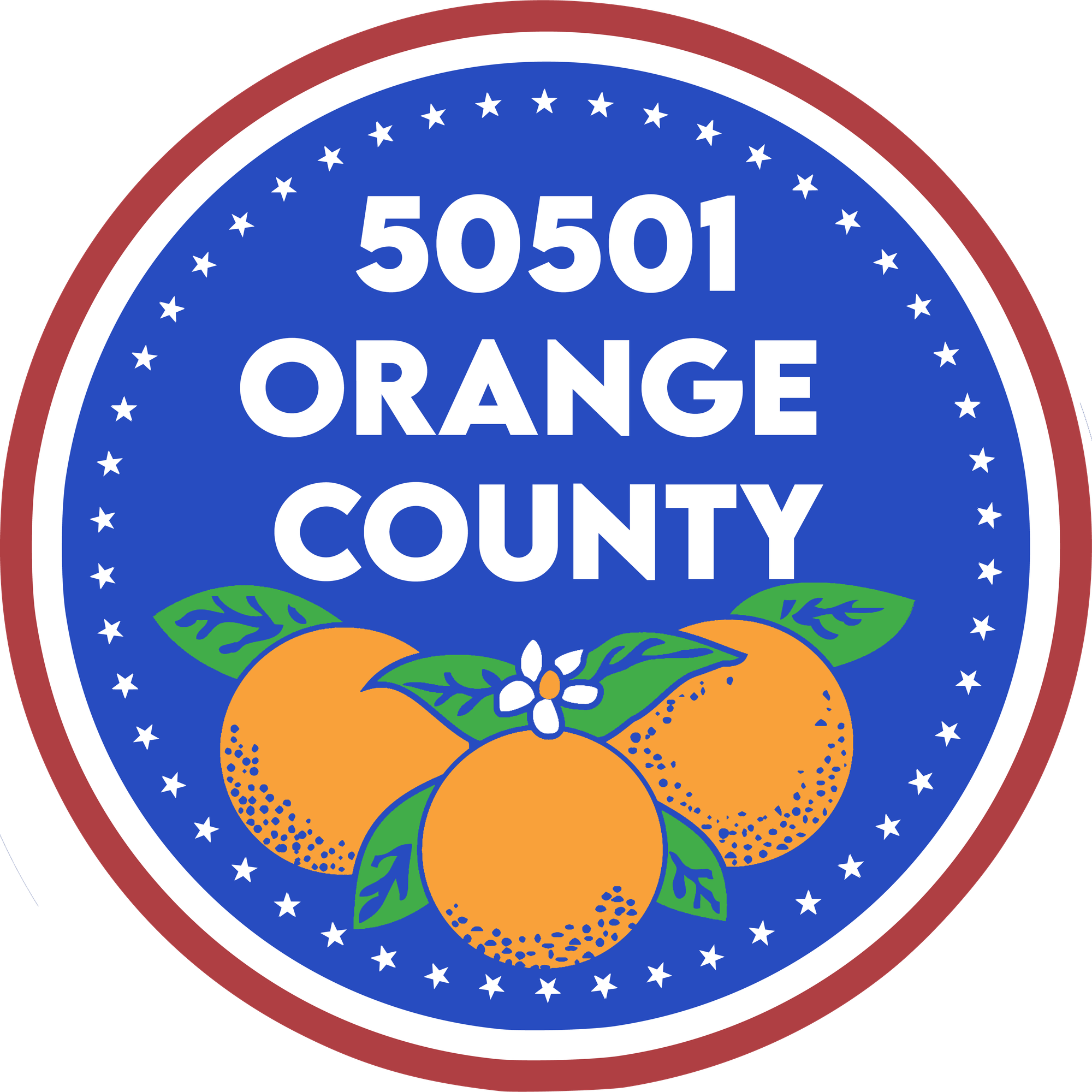Prop 50: California's Election Rigging Response Act Counters to Texas Gerrymandering

Following our previous post about Trump-ordered gerrymandering in Texas, the redistricting is now complete. Texas GOP legislators, led by Greg Abbott and despite efforts by opposition Democratic legislators in the state, have successfully implemented a mid-decade redistricting with the expressed aim of creating more safely GOP districts by drawing maps along flagrantly racial and partisan lines. This blatant election manipulation has led to the creation of Prop 50, officially known as the Election Rigging Response Act.
When this open attempt to rig the midterm elections was first made public, California Governor Gavin Newsom promised to put before California voters the option to respond in kind. Since the Texas redistricting moved forward—even to the point of ordering law enforcement to compel the attendance of Texas representatives—the California legislature has voted to place Prop 50, the Election Rigging Response Act, before the public as a ballot initiative.
The Election Rigging Response Act would temporarily pause California's independent districting process, allowing the state to respond proportionally to Texas's mid-decade redistricting and potentially nullify any electoral advantages gained through gerrymandered districts. This strategic response through Prop 50 represents California's commitment to electoral fairness in the face of partisan manipulation.
Every piece of precedent and polling data points to declining popularity for Trump's political movement. Rather than reflecting on and changing their authoritarian tactics, the GOP is instead doubling down on election rigging strategies. When they can't win free and fair elections, they're opting to manipulate the system so that politicians choose their voters rather than voters choosing their representatives—exactly what Prop 50, the Election Rigging Response Act, aims to counter.
Support for Prop 50
Why Prop 50 Supporters Say the Election Rigging Response Act is Necessary
Supporters of Prop 50 frame the Election Rigging Response Act as an emergency response to the unique and unprecedented threat to functioning democracy posed by partisan gerrymandering. Given that previous attempts to introduce federal anti-gerrymandering laws have been voted down by GOP Congress members and court cases challenging gerrymandering have been rejected by Republican-aligned judges, states with independently drawn congressional districts now operate at a significant partisan disadvantage.
In a classic prisoner's dilemma situation, states that opt for ethical and representative districts are now at the mercy of GOP-controlled states that have demonstrated complete willingness to manipulate electoral maps for partisan gain. Without an effective response to these authoritarian tactics through measures like the Election Rigging Response Act, loyalists will maintain control over the House regardless of how people actually vote.
How Prop 50 Would Counter Gerrymandering
By passing temporary maps that negate Texas's targeted gerrymander designed to produce five additional GOP-aligned districts, Prop 50 serves as a voter-backed method of countering this power grab. The Election Rigging Response Act includes built-in safeguards and sunset provisions that demonstrate California's commitment to fair redistricting.
Regardless of what happens with other states, the emergency maps created under Prop 50 will expire in 2030, and California's independent redistricting committees will resume drawing districts on schedule with the typical per-decade redistricting timeline.
The Stakes for Electoral Reform
Without a pathway for reform-minded representatives to reach Congress in sufficient numbers to enact change, meaningful electoral reforms remain dead on arrival. Meanwhile, politicians who have repeatedly affirmed their preference to pick their voters rather than respond to them retain artificially created majorities through gerrymandered districts—exactly the problem that Prop 50, the Election Rigging Response Act, seeks to address.
To Volunteer
To volunteer with the OC Indivisible Coalition regarding Prop 50, sign up here.
Common Claims About Prop 50: Fact vs. Fiction
The majority of messaging from GOP-aligned sources regarding Prop 50, the Election Rigging Response Act never makes mention of Trump's directive ordering gerrymandering in Texas and other states, all while making several false claims about the California ballot measure.
Is Temporarily Halting Independent Redistricting Illegal?
No, temporarily pausing California's independent redistricting process is entirely legal. California's independent districting system—which is more democratic, less corrupt, and should be standard practice in every state—was established through a ballot initiative. During legal challenges to gerrymandering in other states, the Supreme Court has ruled that states have broad authority to handle districting within their borders.
Attempts to enact federal anti-gerrymandering laws have been universally opposed by the GOP. Since California's independent districting committees were created via ballot initiative, changes to that process through Prop 50, the Election Rigging Response Act, are being brought before voters again in full accordance with California law.
Is Prop 50 Unfair?
What's truly unfair is that many states refuse to use neutral or independent districting processes. This creates situations where once a party gains power, they solidify control by consistently drawing maps that favor their candidates, growing their majorities despite shifts in voter opinion. This is exactly what's happening in states like Texas and Missouri, where GOP governors have threatened or implemented mid-decade redistricting to retain congressional control regardless of actual voter preferences.
While independently drawn maps represent the ideal standard, it's politically ineffective to remain passive when Trump allies abandon both fairness and democratic norms to maintain unchecked power. If Texas legislators were concerned about potential responses from other states, they should have reconsidered launching this redistricting arms race.
If Trump successfully overrides and continues dismantling representative government, then reforms in individual states become meaningless. However, responding proportionally through measures like the Election Rigging Response Act demonstrates the futility of gerrymandering tactics and creates opportunities for national conversations about electoral reform.
Is Prop 50's Election Rigging Response Act Permanent?
No, Prop 50 does not permanently disband California's independent districting process. The official summary text of the proposition clearly states:
In response to Texas' mid-decade partisan congressional redistricting, this measure temporarily requires new congressional district maps, as passed by the Legislature in August 2025, to be used in California's congressional elections through 2030.
Retains California's independent Citizens Redistricting Commission and directs the Commission to resume enacting congressional district maps in 2031 after the 2030 census and every ten years thereafter.
Establishes state policy supporting use of fair, independent, and nonpartisan redistricting commissions nationwide.
The commission will resume its work after the 2030 census. As the title indicates, the Election Rigging Response Act is an emergency measure, with hopes that future national reforms can ensure every state draws districts fairly and representatively.
Neutral Assessments of Prop 50
For neutral, nonpartisan information about the Election Rigging Response Act, consult trusted sources and your county elections office. Here are reliable nonpartisan sources for Prop 50:
- August 21 article on CalMatters
- Summary and who supports & opposes from Ballotpedia
